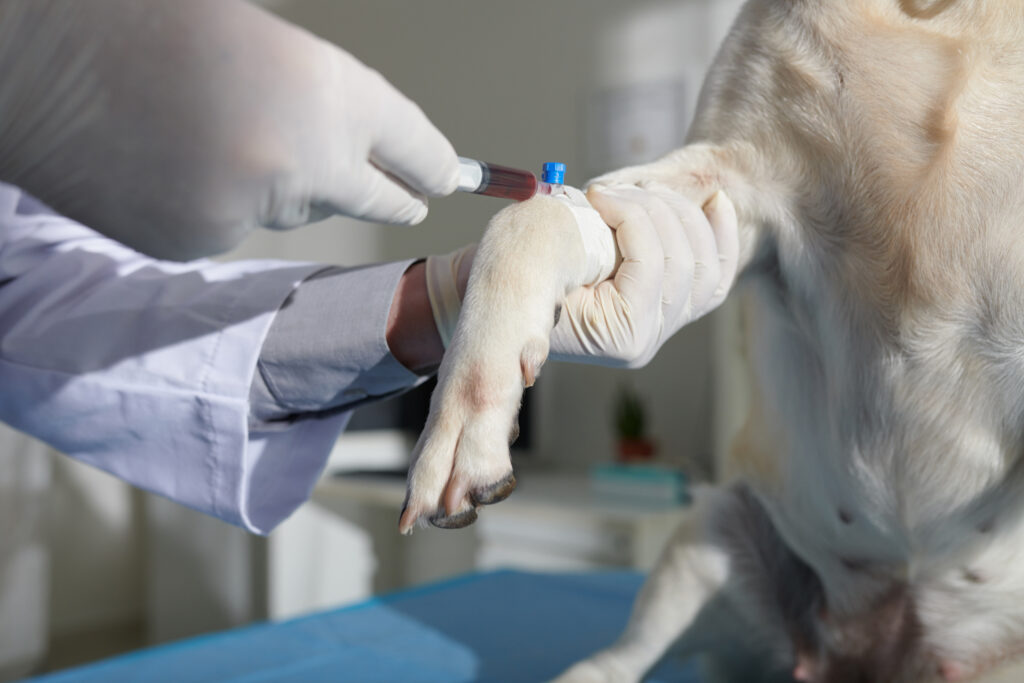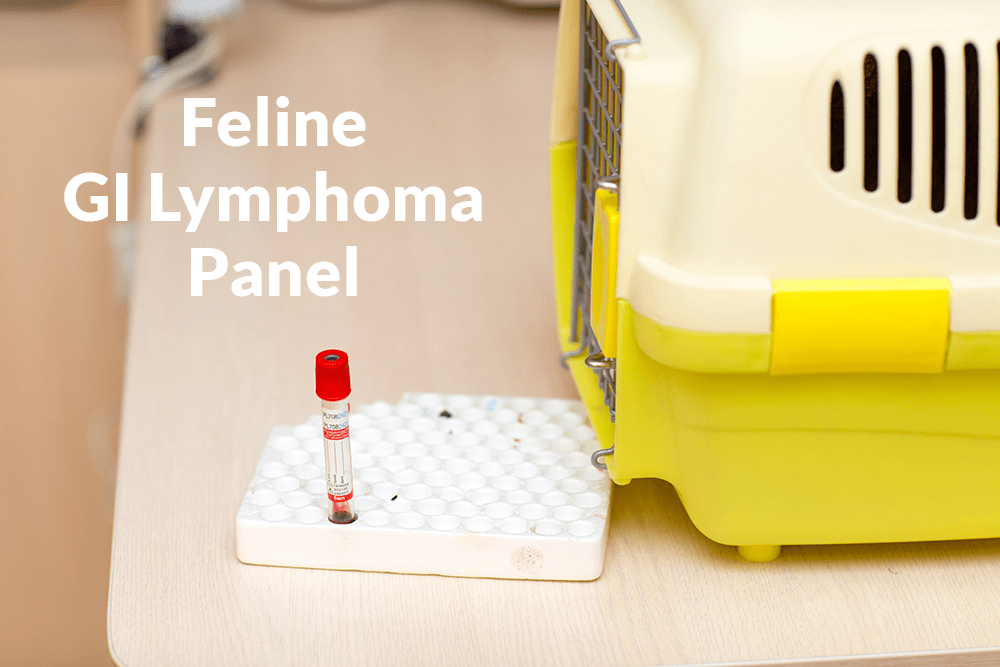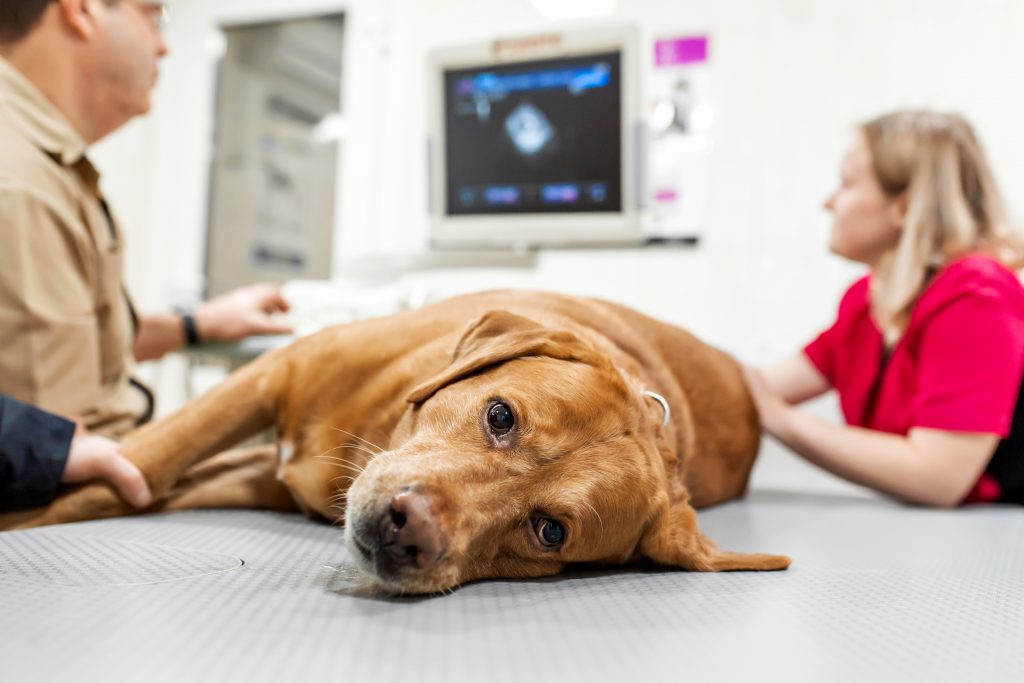
VDI offers a range of specialty cancer blood tests, each having different applications. Below are 6 options for when to consider using a VDI panel and which panels may be most appropriate. Scroll down to read more on each case. 1. Identified Mass To Biopsy or Not to Biopsy If you have identified a mass […] Read more »








